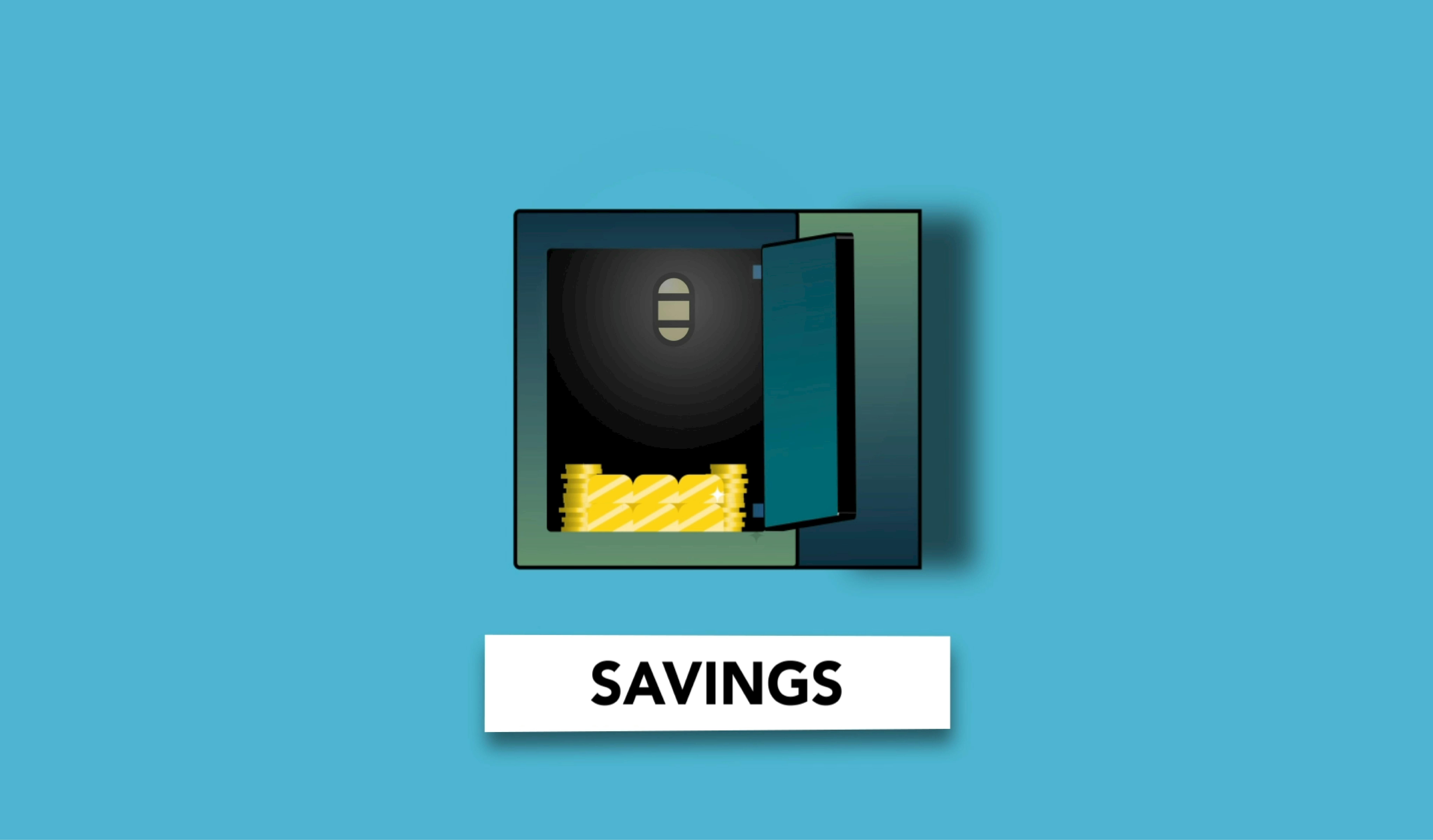Ignoring Budgets
Many beginners avoid creating a budget because it seems restrictive or complicated. In reality, a budget simply gives you awareness and control over your money, ensuring you're spending on what truly matters to you.
Solution:
Start with a simple budget tracking just a few categories. As you get comfortable, you can create a more detailed plan that aligns with your goals.
No Emergency Fund
Life is unpredictable, and without an emergency fund, you're vulnerable to going into debt when unexpected expenses arise, from car repairs to medical bills.
Solution:
Aim to save 3-6 months of essential expenses in a readily accessible account. Start small if necessary - even $500 can help with minor emergencies.
Misunderstanding Credit
Credit can be a powerful tool when used wisely, but many beginners either avoid credit entirely (missing opportunities to build a credit history) or misuse it, accumulating high-interest debt.
Solution:
Use credit cards for planned purchases you can pay off immediately, and never use them to extend your lifestyle beyond your means.
Relying on One Income Stream
Depending solely on a single source of income leaves you financially vulnerable if that source is disrupted. Many beginners don't consider diversifying their income.
Solution:
Look for ways to create additional income through side projects, part-time work, or developing skills that increase your earning potential.
Delaying Retirement Savings
It's easy to postpone retirement savings when retirement feels distant, but this means missing out on years of compound growth - the most powerful factor in building wealth.
Solution:
Start contributing to retirement accounts as early as possible, even if it's a small amount. Take advantage of any employer match programs.
Neglecting Financial Education
Financial literacy isn't typically taught in schools, but many beginners don't take the initiative to educate themselves, leading to decisions based on misinformation.
Solution:
Commit to ongoing financial education through books, podcasts, courses, or workshops. Knowledge builds confidence and better financial decisions.




